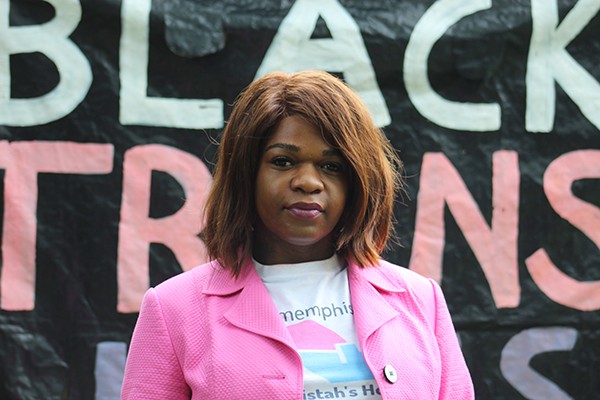A federal lawsuit that sought to allow transgender individuals in the state of Tennessee to change the gender markers on their birth certificates has been dismissed.
The lawsuit, Gore v. Lee, was filed by Lambda Legal, a national organization “committed to achieving full recognition of the civil rights of lesbians, gay men, bisexuals, transgender people, and everyone living with HIV,” in 2019 on “behalf of four transgender people born in the state of Tennessee – Kayla Gore, Jaime Combs, and ‘two plaintiffs identified by their initials, L.G. and K.N.,’” said the organization.
At the time of the filing, Tennessee was one of three states that banned transgender people from changing their gender markers.
In the lawsuit, Lambda Legal argued that denying transgender people the ability to “obtain accurate birth certificates violates the Equal Protection and Due Process clauses of the U.S. Constitution.” They also argued that this is a violation of the First Amendment, as they are being forced to “identify with a sex that is not who they are.”
The plaintiffs also argued that by disclosing that they are transgender, this opens them up to discrimination and harassment.
U.S. District Judge Eli Richardson wrote that the plaintiff argued Tennessee’s current Birth Certificate policy prevents them from “correctly and accurately identifying [their] gender to the world.” However, Richardson considered that argument not “credible.”
“Nothing stops Plaintiffs from announcing their gender to the world, irrespective of their birth certificates’ designation of sex (based on birth appearance),” he wrote. “This is true for various reasons indicated above, not least that it seems undisputable that in this country gender identity is widely viewed (contrary to Plaintiffs’ belief, apparently) to be something separate from ‘sex’ (however sex is to be determined, whether based on external genitalia and otherwise). And nothing herein is intended to suggest that Plaintiffs should refrain from announcing their gender identity to the world as they see fit—including by derogating the sex designation of their birth certificates.”
Kayla Gore, co-founder and executive director of My Sistah’s House, said Tennessee’s current birth certificate policy has “gravely impacted” her life.
“We deserve recognition and dignity from the government just as much as every other Tennessean,” said Gore in a statement.
The state of Tennessee has been at the center of controversy in past months as Governor Bill Lee has signed what Lambda Legal referred to as, “a raft of anti-transgender bills.”
In March, the Flyer reported that Lambda Legal and other organizations had promised legal action against the Tennessee law prohibiting healthcare professionals from administering gender-affirming care to minors. The law also makes gender-affirming hormone therapy and puberty blockers inaccessible. The law is set to go into effect on July 1, 2023.
Lee also signed SB1237 into law in April, which authorizes Tennessee private schools to “regulate a student’s participation in the school’s athletic activities or events based upon a student’s biological sex.”


 PHOTO BY MELVIN SMITH
PHOTO BY MELVIN SMITH